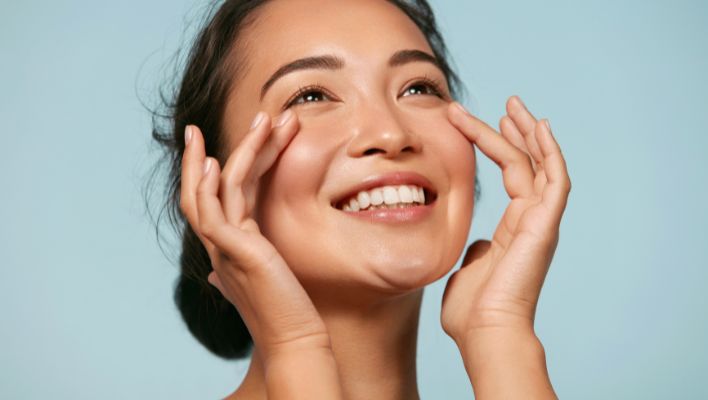There is none who likes to struggle with acne and cystic breakouts. By maintaining post accutane skin care it is not difficult to prevent acne permanently. Accutane, which is the brand name for isotretinoin, is a powerful acne medication that can clear up even the most severe cases of acne. But, after completing a course of Accutane (isotretinoin), it is essential to continue to take care of your skin to maintain the results.
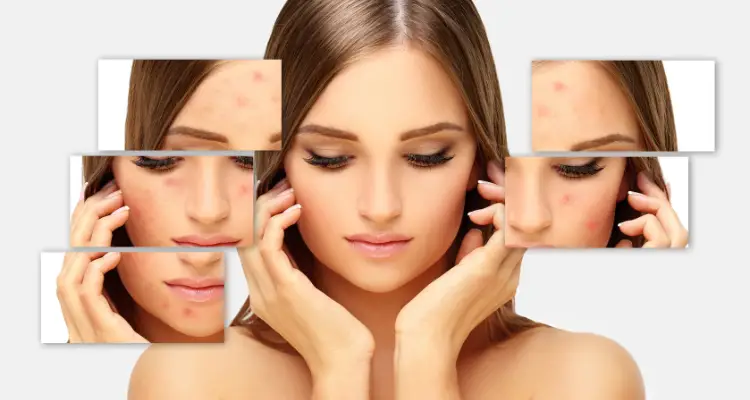
How can I Boost My Skincare Routine After Accutane?
In this post, we will discover dermatologists recommended post-accutane kin care routine including effective Cleansers, Alkaloid-Based Soaps, and Replenishing Balms. 5 steps post accutane skin care routine is stated below.
1. Choose The Right Cleansers
The right cleanser can make a huge difference in your skin’s overall look and feel. Cleansers get rid of makeup, dirt, and grime; they can be as mild or as abrasive as you want them to be. When you will be using Accutane, you may have to make the switch from regular soap to a more specialized product, like an ultra-moisturizing body wash.
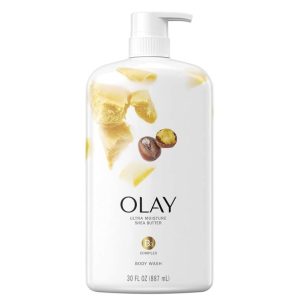
While your dermatologist will probably tell you that you shouldn’t wash your face more than twice a day, it is still a good idea to take a few moments to remove makeup daily. Using a makeup remover that contains glycerin can help reduce irritation.
A quality cleanser is an important part of any skincare routine, but it can be especially important for acne sufferers. Cleansers can also restore the skin’s natural moisture levels, especially for patients with dry, flaky skin.
2. Use Alkaloid-Based Soaps
If you’re using the Accutane gene therapy regimen, paying attention to your skin and keeping it moisturized at all costs is a good idea. The aforementioned chemical treatment can wreak havoc on your skin’s natural protective coating, causing dryness and itching on its worst days. To mitigate this problem, look for products that contain antioxidants such as vitamin E and aloe. Other items to look for include a moisturizing body wash and a soothing lotion or balm.
Dermatologist recommended:
Alkaloid-Based Soap with Chamomile and Aloe Vera
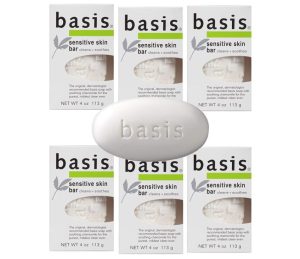
When it comes to choosing a shampoo, try to avoid those formulated with sulfates. For your next bath, opt for a gentle bar soap. As for showering, avoid hot water and follow the directions on your shower curtain. Using the right face wash will not only cleanse your skin of acne blemishes but also keep it hydrated well.
3. Apply Replenishing Balm
Regarding post-Accutane skin care, a moisturizing balm is one of the most important products to use. This will help soothe your dry, sensitive skin while promoting healthy growth.
A good moisturizer should have high levels of emollients, which will lock in moisture. You should also try a gentle, hypoallergenic cleanser to remove excess dirt and oils.
You may want to use a lip balm for an extra layer of protection. These will hydrate your lips and protect them from dryness and irritation.
Eau Thermale Avene XeraCalm A.D Replenishing Balm
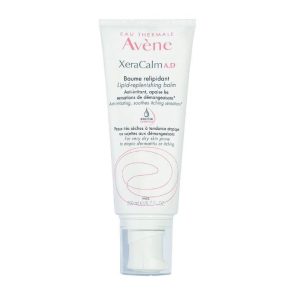
Another option would be an emollient serum. An emollient serum will also protect your lips from sun damage. If you suffer from redness and inflammation, using a serum will help alleviate these symptoms.
In addition, a soothing balm can help replenish and protect your skin after a blemish. The La Roche Posay Cicaplast Baume is a multi-purpose balm that can be applied on your face, body, or hands.
4. Maintaining clear skin after accutane treatments
1. Keep your skin clean daily: Accutane can reduce the amount of oil in the skin, but it’s still important to keep your skin clean. Use a gentle cleanser to wash your face twice a day and avoid touching your face with your hands.
2. Use non-comedogenic skincare products: The Accutane can leave the skin dry and sensitive, so it’s important to use skincare products that are gentle and non-comedogenic (meaning they won’t clog pores). Avoid using harsh scrubs or exfoliants, and opt for oil-free moisturizers and sunscreens.
5. Finally, Avoid Accutane Cream
Accutane (isotretinoin) has received a lot of press for its ability to cure acne. However, it’s important to understand that there are many side effects associated with taking the drug. So, how can you avoid the pitfalls?
In a word, the best way to avoid the side effects of Accutane is to take it under the supervision of a doctor. A good dermatologist can help you avoid potential interactions between your skin condition and other medications.
The most obvious thing you can do while on the drug is limit your exposure to the sun. If you can’t avoid it entirely, you’ll want to wear sunscreen with an SPF of at least 30. Also, you should minimize your use of alcohol and other drugs that amplify the effect of liver toxicity.
Side effects of Accutane
Accutane for skin care is a powerful medicine used to treat acne. The drug contains isotretinoin, which works by killing the bacteria that cause acne breakouts. However, this medication can cause serious side effects.
Before taking the drug, do not forget to talk to your physician about possible side effects is important. Some people are more prone to the side effects of the medication.
Although it can be very effective against nodular acne, Accutane is known to cause a number of adverse reactions. These effects can range from severe erectile dysfunction to mental health problems.
Women who are pregnant should not take Accutane. Taking the drug while you are pregnant increases your risk of birth defects. Pregnant women must use two forms of contraception while taking the medication. It is also important to take pregnancy tests at least once a month.
It is recommended to avoid certain skincare products such as exfoliants and facial waxing, as Accutane can cause skin to be more sensitive. It’s always best to consult with a dermatologist for personalized advice on post-accutane skincare.

